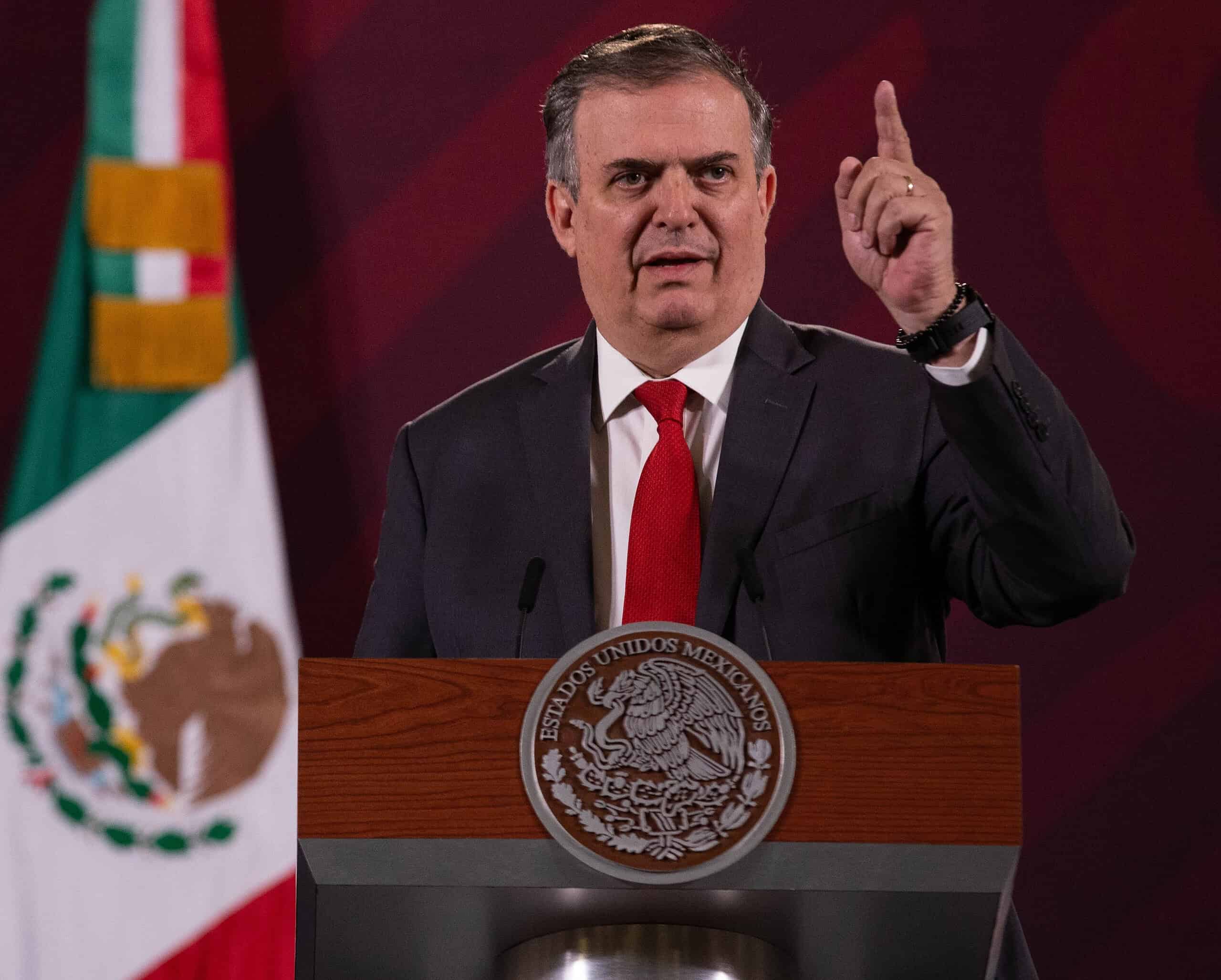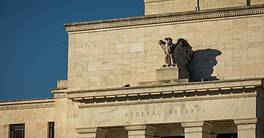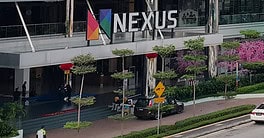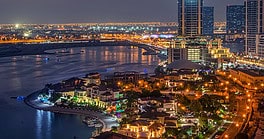The nomination of Marcelo Ebrard as Mexico’s minister of economy caps the first major political victory for President-elect Claudia Sheinbaum following her win in the June national elections.
Less than a year ago, Ebrard, a high-profile political heavyweight who served as Mexico’s secretary of foreign affairs under outgoing President Andrés Manuel López Obrador (AMLO), was threatening to Sheinbaum’s and López Obrador’s Morena party to run for the presidency on his own. He had previously lost the 2012 race for the Moreno nomination to AMLO himself.
But after the landslide victory that will make Sheinbaum the first woman and first Jewish person to govern Mexico in its 200-year history, Ebrard took a step back and joined the governmental team.
The markets saw the choice as positive, given that Ebrard has a more moderate profile compared to Claudia Sheinbaum’s more left-wing stance. Since the new minister’s nomination, the Mexican peso has gained significant ground against most G7 currencies; Mexican stocks have also trended upward.
Among his duties, Ebrard will oversee the 2026 review of the United States-Mexico-Canada Agreement (USMCA), a pivotal moment that could shape Mexico’s economy over the next decade.
“There is a kind of protectionist consensus in the US,” he said in his first interview in his new post. “That’s why the review of the trade agreement with the US, and the trade relationship with [the US and Canada] in general, could be more complex.”
Ebrard will also need to manage China’s growing interest in Mexico, says Eduardo Ordóñez, an independent political and security risk analyst based in Mexico City.
“China is gradually investing in northern Mexico,” he notes, “diversifying its supply chains and trade routes along the border with the US. Keeping foreign direct investment growth, while maintaining a positive and cooperative relationship with the US and Canada will be the challenge.” Experts also expect nearshoring to be the key concern for Ebrard and Sheinbaum. To support growth in that area, Ordóñez says, he will need to “bolster investment to modernize infrastructure in ports, land transport, as well as help cargo carriers modernize their fleets.”




